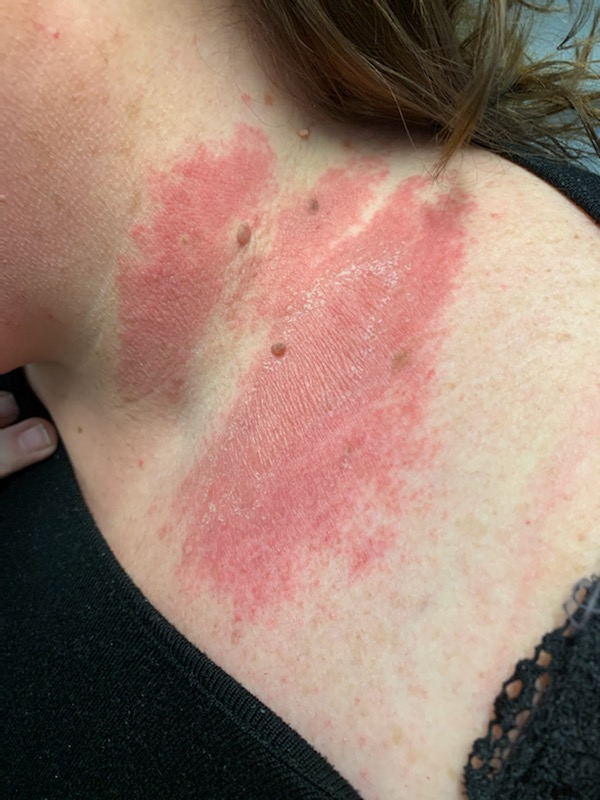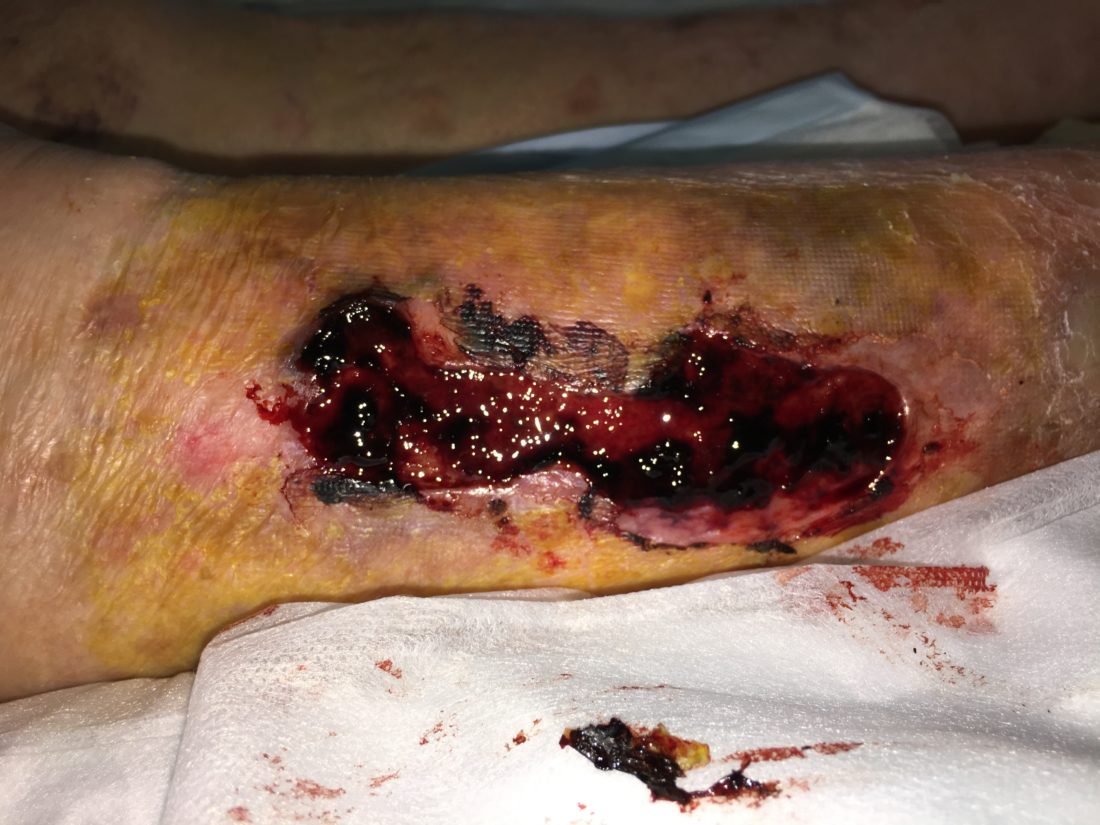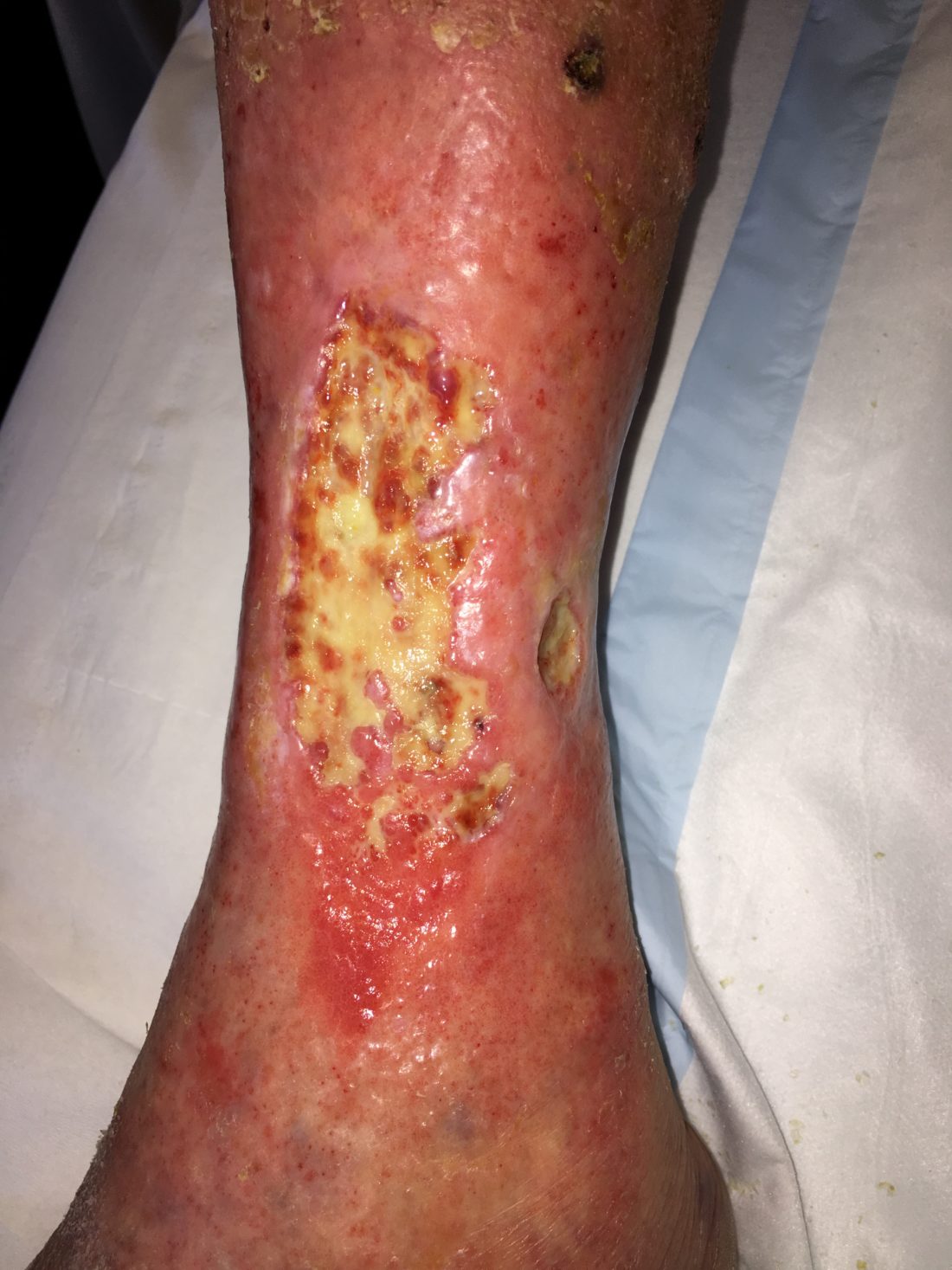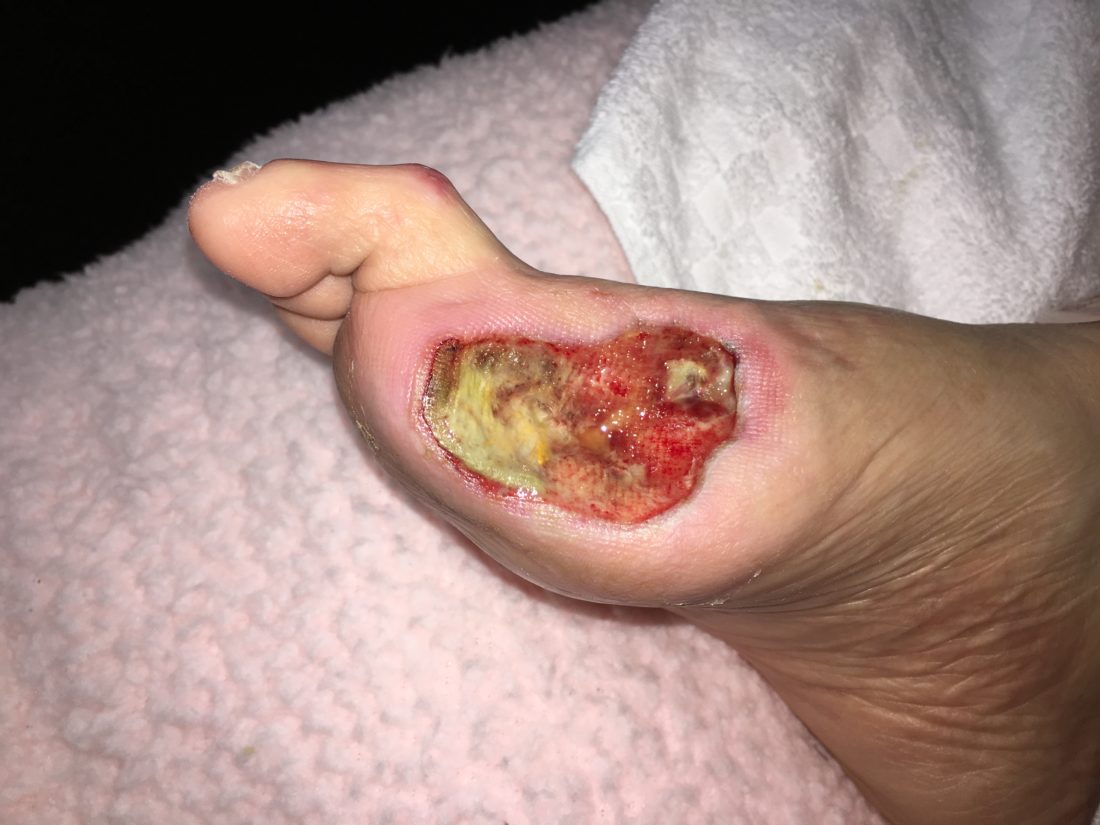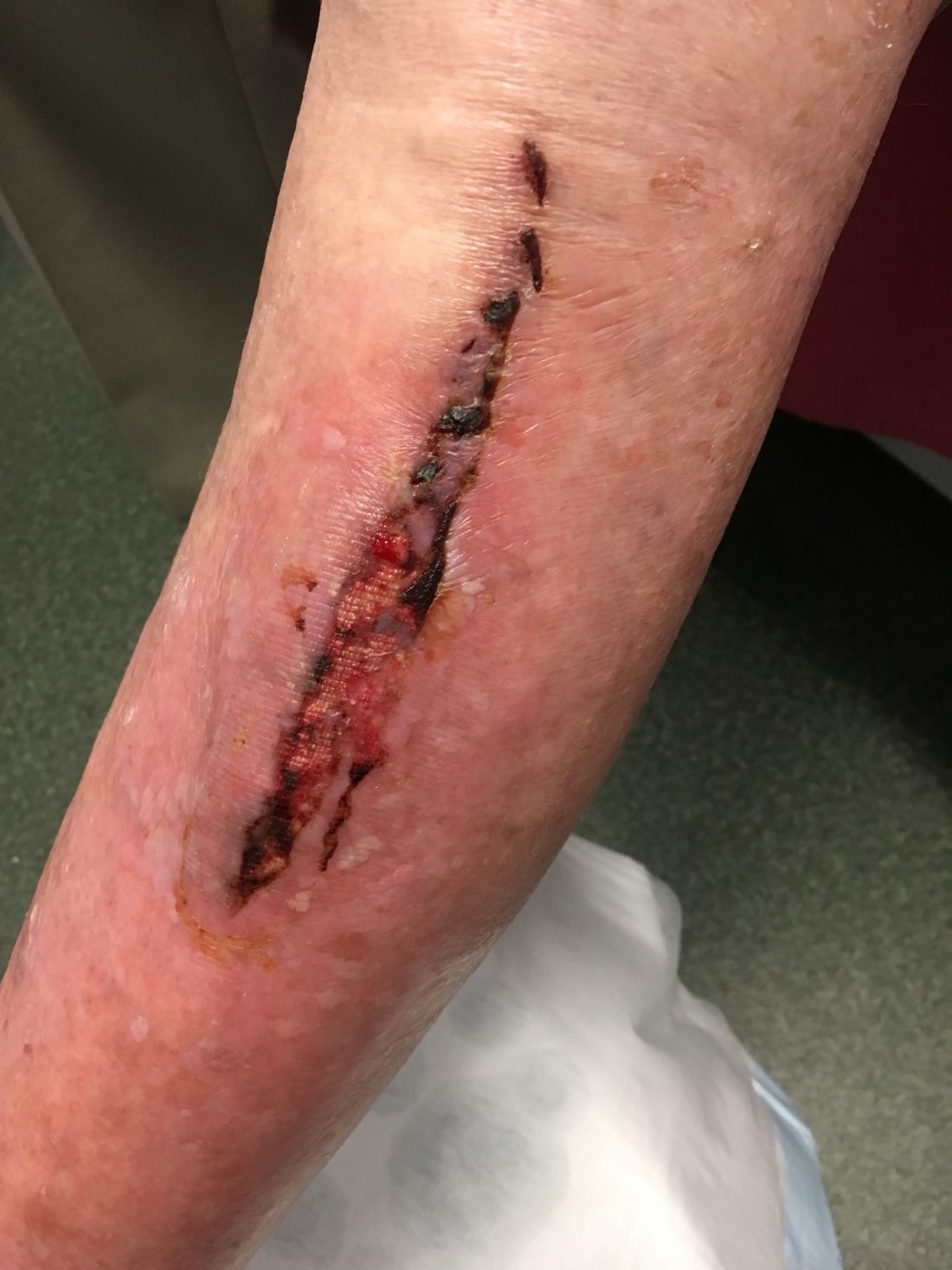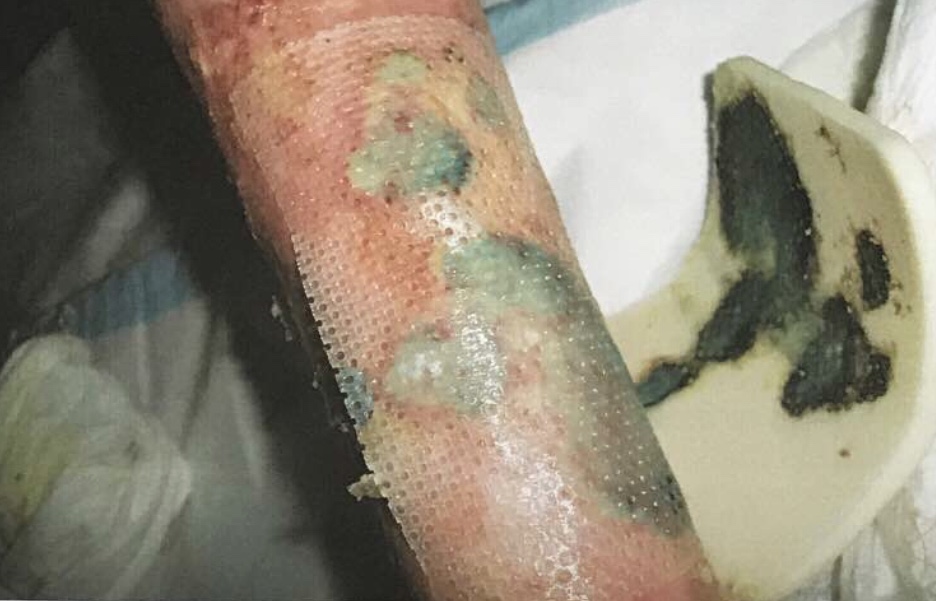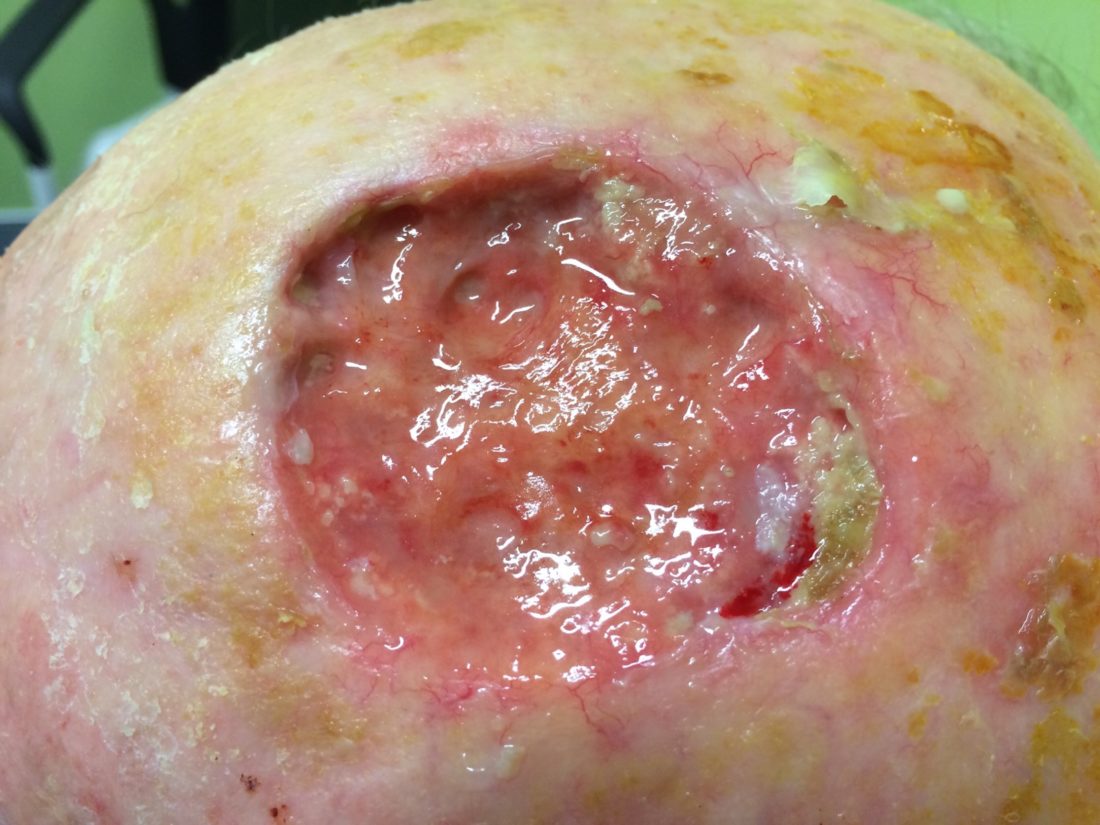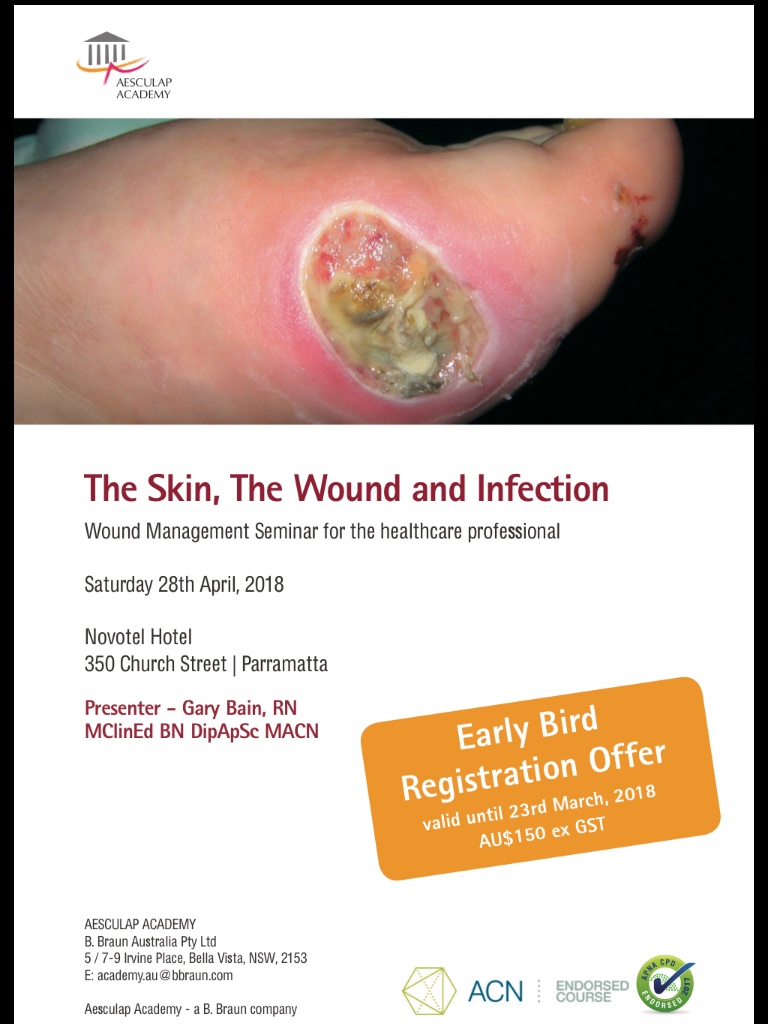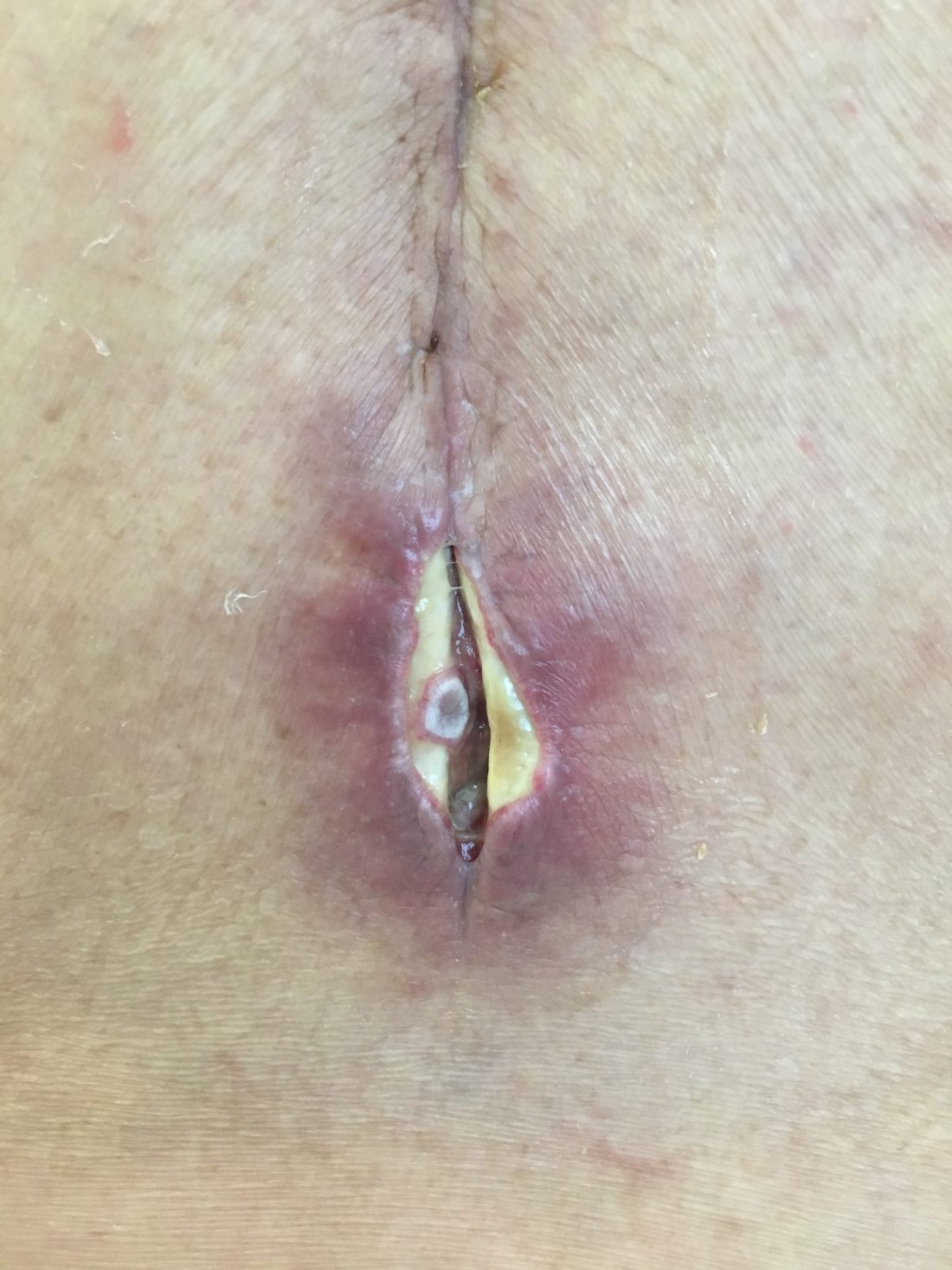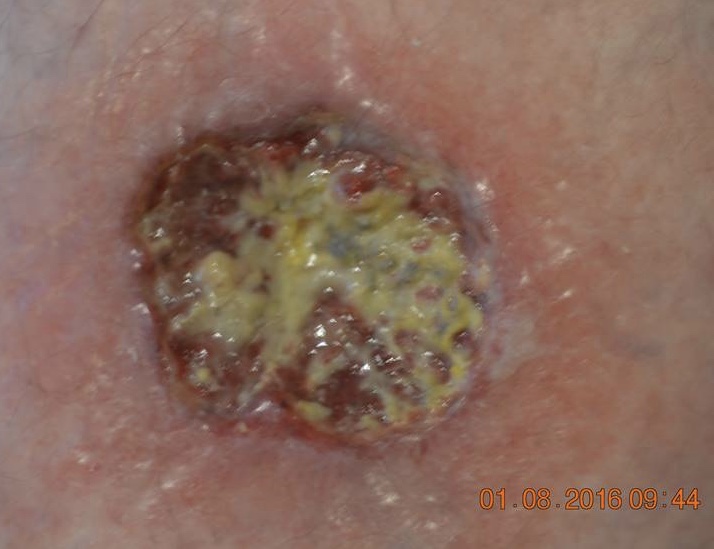5 August 2020
In
News
By
thewoundguy
Every winter in my region there are numerous individuals who experience burns due to wood fires, hot beverages, hot water bottles and heat packs. The NSW Agency for Clinical Innovation has guidelines which discuss pathophysiology, first aid, dressing choices and ongoing management. It is a
1 March 2020
In
News
By
thewoundguy
Christine Murphy and her colleagues have recently published a new international consensus document which addresses the concept of wound hygiene for hard-to-heal wounds. The presumption is that the majority of stalled wounds will contain biofilm. It is suggested that disrupting biofilms via aggressive wound cleansing
1 May 2019
In
News
By
thewoundguy
Most hard to heal wounds owe their origins to either repeated tissue injury, ischaemia or bioburden (or a combination of all three).
Prof G Schultz 2018 at the 4th International Skin Integrity and Infection Prevention conference, Las Vegas USA.
1 April 2019
In
News
By
thewoundguy
Bowler, Duerden and Armstrong wrote a fascinating article in 2001 on wound microbiology. This was before the impact of biofilm on non-healing wounds was appreciated (as it is today). They state that chronic wounds can have up to 48% of their microbial flora occupied by
17 June 2018
In
News
By
thewoundguy
In her recent Wound Source blog post, Dr Aletha Tippett reminds us that Clostridium tetani remains an ever present bacterium - primarily found in soil and faeces.
Whilst most Westernised countries have eliminated this infection through immunization, increased international transit from regions with poor rates of
2 June 2018
In
News
By
thewoundguy
Microbial resistance is an issue of concern for those of us who care for individuals who experience hard-to-heal wounds. The principles of wound bed preparation and biofilm based wound intervention direct us towards adequate tissue debridement and targeted use of antimicrobials. Rippon et al have
19 May 2018
In
News
By
thewoundguy
English Microbiologists Leahy-Gilmartin and Edwards-Jones recently wrote a paper which compared laboratory testing methods on silver dressings.
My summary of their findings are :
Silver dressings (generically) have a greater antimicrobial effect against Gram negative bacteria than against Gram positive bacteria - including MRSA.
Nanocrystalline silver is bacteriocidal
13 March 2018
In
News
By
thewoundguy
Learning Objectives for the event Saturday April 28 - Novotel Parramatta,NSW
To understand the normal anatomy & physiology of the skin and its relationship with the microbial community.
To develop consistency in terminology, assessment and decision making based on international wound infection guidelines.
To examine
24 February 2018
In
News
By
thewoundguy
The World Union of Wound Healing Societies has published a new Consensus Document on Surgical Wound Dehiscence. The document has excellent graphics and decision making tools. It covers risk anaylsis, patient and wound assessment, descriptive terminology, preventative modalities and interventions. http://www.woundsinternational.com/consensus-documents/view/surgical-wound-dehiscence-improving-prevention-and-outcomes
20 February 2018
In
News
By
thewoundguy
Debridement is an essential component of wound bed preparation for chronic or non-healing wounds. However, how debridement is actually done has proven to be problematic for many nurses as often surgical or sharp methodologies (whilst the gold standard) are essentially in the domain of the



